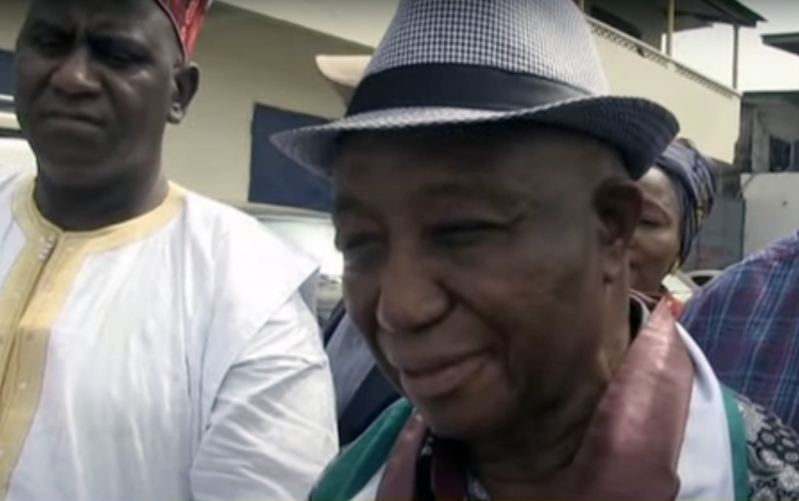
Liberia's President has announced that he will reduce his annual salary from US$13,400 to $8,000 – a 40% cut – to demonstrate solidarity with Liberians burdened by the rising cost of living. Mr. Boakai’s office said the president had taken the step to demonstrate his commitment to running a responsible and transparent government, a call that has been reverberating across Liberia and other countries in Africa.
President Boakai, who defeated George Weah in the November 2023 run-off election, campaigned on a platform of tackling corruption and financial mismanagement. In addition to declaring his assets upon assumption of office, he strengthened the Liberia Anti-Corruption Commission and the General Auditing Commission. The Commerce and Industry Minister Amin Modad also pledged to cut his salary by 40% soon after the president’s announcement, indicating that the rest of the executive might follow the president’s footsteps.
Speaking at the International Christian Fellowship Church in June, President Boakai reiterated that his administration came in as a “rescue mission”.
“We didn’t come in to rescue with weapons, but we came asking God to help us to rescue our country and set up a new beginning and I am sure God is in this,” said Boakai, who has served as a Senior Deacon with Effort Baptist Church.
Liberians have high expectations of Mr. Boakai’s promise of economic revival and good governance riding on his popular rallying call of “Think Liberia, Love Liberia, Build Liberia”. This comes on the back of former President Weah’s administration which was accused of widespread corruption, misappropriation of public funds and extravagant lifestyle of politicians. Thousands of Liberians took to the streets to protest broken promises and endemic graft barely two years after George Weah’s first term in office, a factor that cost him his second term, despite his pledge to cut his salary by 25%.
The latest austerity move by Boakai will resound across Africa where protests ignited by the rising cost of living and corruption are reverberating in several African states amidst calls to slash salaries of MPs and senior leaders in government.
Kenya President William Ruto’s government has been grappling with countrywide protests which started as a citizen opposition to tax hike plans in June but snowballed to demands for greater transparency, accountability and good governance. After an initial violent response to the protest that saw 39 young Kenyans lose their lives over three weeks, President Ruto conceded to the demands.
He first withdrew the controversial Finance Bill 2024 and then announced new measures to curb wastage in government including cutting the number of advisers by half, defunding unconstitutional positions such as the Office of the First and Second lady, and slashing 47 state corporations that have overlapping mandates. On July 11, he dissolved the cabinet by firing all ministers and committed to a wider consultative process to fill in the vacant positions.
The widespread demonstrations dubbed ‘Occupy Parliament’ also forced Kenya’s Salary and Remuneration Commission to backtrack on a plan to increase MPs salaries. Kenyan lawmakers are among the highest paid in the world taking home US$102,000 in annual salary and allowances despite a lower per capita income of $7,800.
The ripple effects of the protests in Kenya are being felt in other countries in Africa where citizens are facing higher cost of living and youth unemployment in an environment of government extravagance and misplaced priorities.
In Nigeria, social media posts are mobilizing citizens to hold peaceful anti-government protests demanding a review of high taxes, electoral reforms and an “end to anti-people policies.”
Although Liberian President Boakai’s remuneration includes allowances and health insurance not accounted for in the amount of his salary, the announcement to reduce his gross pay made headlines in major news outlets in West Africa igniting a conversation on the need for leaders to show empathy and commitment to good governance.
One user on social media commented that “President Boakai’s decision to cut his salary by 40% is commendable and sets a positive example of leadership. It shows a genuine effort to align with the economic realities facing Liberian citizens and prioritize transparency in government finances. Such actions are crucial in fostering public trust and demonstrating commitment to addressing economic challenges.”





